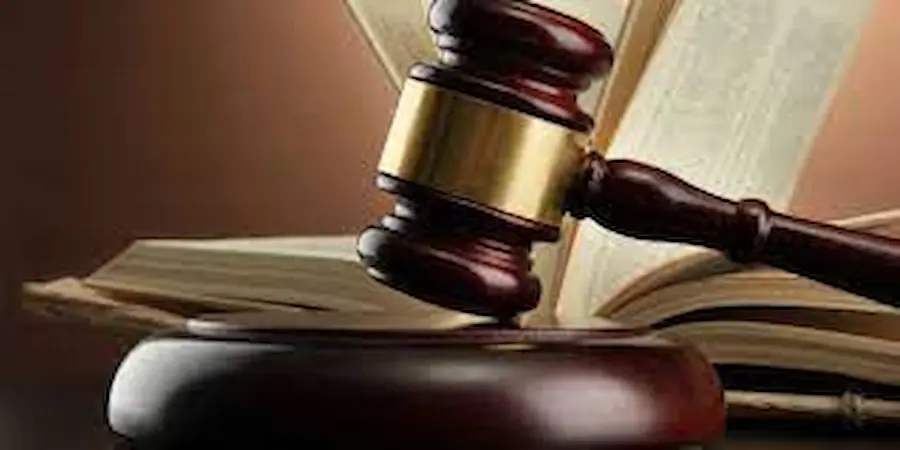Insight into Wrongful Death: Definitions and Scope
A legal claim for a person who can be held accountable for a death is known as a “wrongful death” claim. As required by law, the claim is filed in a civil action, typically by close family members. Each state has its wrongful death statute, unique criteria, and guidelines, but the core concept remains constant. In Nebraska, there is a statute of limitations for wrongful death claims that starts on the date of the incident and lasts for two years. These laws permit legal action to be brought when negligent or intentional conduct results in a death, leaving survivors without the companionship and support of the deceased. Determining eligibility is one of the first steps in the process and can be clarified by a Lincoln wrongful death lawyer.
Navigating the Legal Steps Following a Tragic Loss
The steps that follow a wrongful death are enveloped in legal complexities. After the initial shock and grief, survivors must consider how to vindicate the legal rights of the deceased. A consultation with a professional specializing in this field can set the foundation for the legal journey. They can provide comprehensive guidance, from filing a claim to navigating court proceedings and ultimately obtaining justice and compensation for the lost life.
Eligibility to File a Wrongful Death Claim
Understanding who is legally permitted to bring forth a wrongful death claim is essential. While this varies by state, the immediate family members typically have this right. It generally includes spouses, children, and parents of unmarried children. In some cases, if the deceased has no immediate family, more distant relatives may be able to bring the claim.
The Role of Evidence in Proving Wrongful Death
Evidence is the backbone of any wrongful death claim, serving as the foundation upon which the case is built and presented. Key pieces of evidence may include:
- Documentation of the defendant’s negligence or recklessness.
- Proof of the link between the negligent act and the death.
- The quantification of losses suffered by the survivors.
It may involve a comprehensive collection of documents, medical records, witness statements, expert testimonies, and more. The quality and depth of evidence can directly impact the case’s outcome, making the meticulous gathering and presentation of facts an essential component of the legal process.
Compensation in Wrongful Death Cases: What’s Covered?
The dead person’s loved ones may need recoverable damages from a wrongful death lawsuit as a vital source of income. Monetary compensation typically considers many factors, including but not limited to final medical and funeral expenses, loss of the victim’s expected earnings over a lifetime, loss of benefits such as insurance, and loss of inheritance. Those who have lost a loved one’s protection, guidance, and company may pursue compensation for their psychological suffering. While there will never be money that can fully make up for losing a loved one, financial support can give the bereaved family a sense of security.
Statistical View on Wrongful Death Incidents in the United States
The unfortunate reality of wrongful deaths is that they are not uncommon in the United States. As one of the leading causes of death, accidents can give rise to wrongful death lawsuits in many cases. Understanding these trends can be critical for prevention and advocacy efforts, helping communities to implement measures that may save lives and reduce the frequency of such heart-breaking occurrences.
The Impact of Negligence and Liability in Wrongful Death Claims
The impact of negligence in the context of wrongful death cannot be overstated. Establishing liability hinges on demonstrating that the death directly resulted from another party’s careless action or inaction. Being negligent is acting without the level of caution that someone exercising reasonable caution would have exercised in the same circumstance. The burden of proof is on the plaintiff to show that the defendant breached this duty of care, which subsequently led to the wrongful death. Clear establishment of negligence is essential to a successful wrongful death claim, as it conveys the accountability required for justice.
Preventable Circumstances Leading to Wrongful Death
Many wrongful deaths arise from situations that, with due diligence, could have been avoided. According to insights from the National Safety Council (NSC), the leading preventable injuries that lead to death in the United States include poisoning, motor vehicle crashes, and falls. These statistics illustrate the significance of safety procedures, preventive measures, and responsible behavior in preventing such tragedies. Moreover, they underscore the role of wrongful death claims in highlighting areas where safety can and should be improved.
Statutes of Limitations: Timing is Critical
Statutes of limitations, which establish the ultimate period following an incident within which legal action may be taken, apply to claims of wrongful death. These laws apply to claims of wrongful death. This critical time frame varies by state, and missing this deadline can mean forfeiting the right to pursue compensation altogether. Survivors must know these limitations and act promptly to ensure their case is heard. Time-sensitive actions are fundamental to navigating the legal process, and a knowledgeable attorney’s guidance is paramount to preserving the right to seek justice.
Surviving Family Members: The Emotional and Financial Aftermath
The sudden loss of a loved one is a devastating event that leaves an indelible mark on the lives of the surviving family members. Aside from the immense emotional grief, many face the grim reality of financial instability, especially if the deceased was a primary breadwinner. A wrongful death claim aims to alleviate some of the economic pressures by providing monetary damages to those left behind. While it cannot ease the sorrow, compensation can aid in covering expenses and providing financial security as the family adjusts. Legal recourse offers a pathway for survivors to reclaim some control in the wake of such a disorienting and painful event.
Visit the rest of the site In Tech Times for more interesting and useful articles. Thank you!




